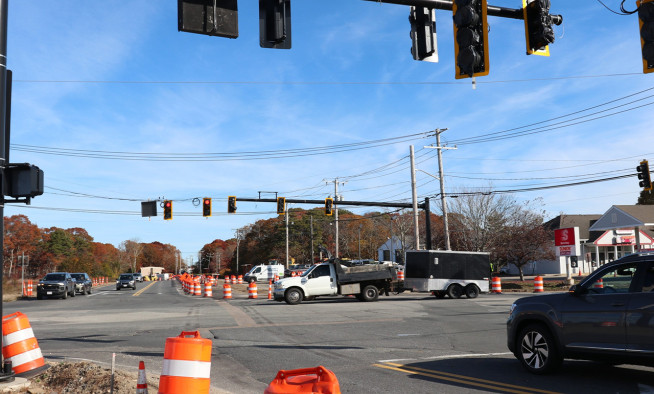Market Assessment for Cape Cod Released
A “Market Assessment for Cape Cod, Massachusetts,” prepared for the Cape Cod Commission, assesses demand for retail and office development in Barnstable County through 2030. The Chesapeake Group, under contract with TischlerBise, conducted the research and prepared the final report, now available at the Cape Cod Commission website.
“This study provides us with valuable insights into Cape Cod’s economy, now and in the future,” said Paul Niedzwiecki, Executive Director of the Cape Cod Commission. “It will assist us in making better informed decisions and pursue smarter economic opportunities across the Cape.”
The Market Assessment for Cape Cod was completed as an element of the Comprehensive Economic Development Strategy (CEDS), and will be shared with the towns of Cape Cod for economic development and land use planning purposes. It was funded by the Cape Cod Commission with support from the Cape Cod Economic Development Council.
The research conducted included an industry gap analysis, a resident expenditures survey, interviews with key stakeholders, area reconnaissance, and the use of a proprietary model to estimate final demand. The gap analysis looked at opportunity for business and job creation in each town by comparing Cape Cod to similar counties elsewhere in the United States, based on population, household size, income, and transportation, as well as proximity to a metro area, water, visitor activity, and climate.
The gap analysis shows that retail is heavily overrepresented as are most construction related industries on Cape Cod relative to comparable areas in the United States. Opportunities exist, however, in manufacturing and wholesale trade, banking, finance, and insurance and professional services, particularly medical. The report concludes that the region could support approximately 2 million square feet of additional retail space over the next 30 years. The Chesapeake Group estimated that roughly 900,000 square feet in office space could be absorbed over the next 10 years with some workforce growth, due to changes in commuting patterns, population, and demand for health services.
The research also indicates that the driving force for employment and business opportunities on the Cape is the non-resident activity associated with the second home market. This will impact demand in the coming years, as “baby boomer” households decline and the population ages. The number of trips to the Cape is not growing, and combined with overloaded infrastructure, limited “virgin” developable parcels, and national trends impacting supply and demand, it likely that economic sustainability for Cape Cod will require change.
The report concludes with two major policy recommendations. The first is to modify traditional land use and development patterns. This should increase the density of housing and commercial development, advance the mix of uses and mixed-use development, and push redevelopment over new development. Second, the researchers recommend an increase in inter-jurisdictional cooperation. This requires consistent Local Comprehensive Plans across jurisdictions, the attraction of nationally proven developers, and the establishment of a regional economic development investment fund.
For the full text of the report, please click here.
Related Posts




